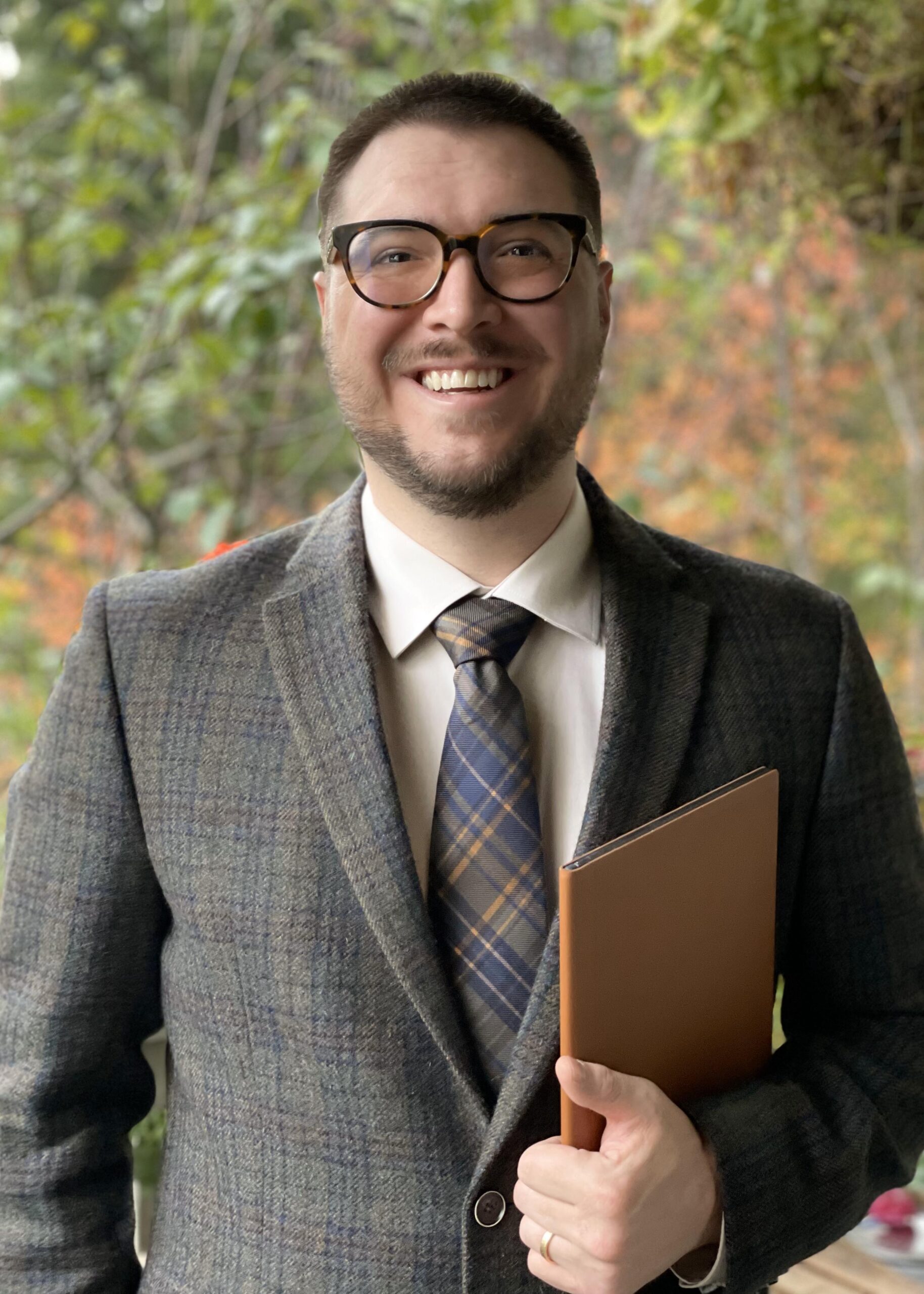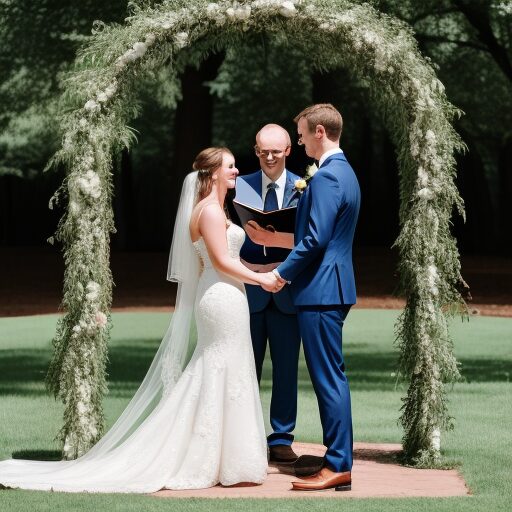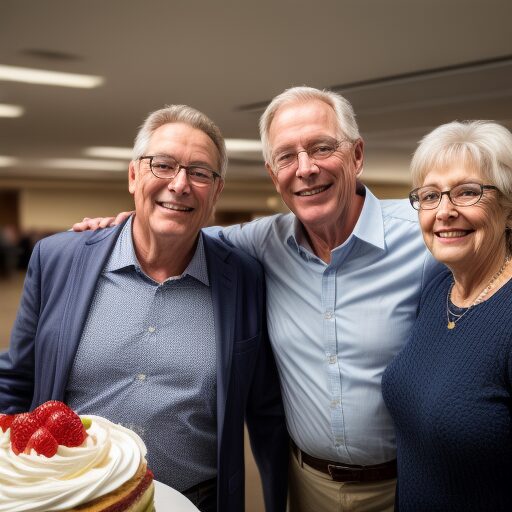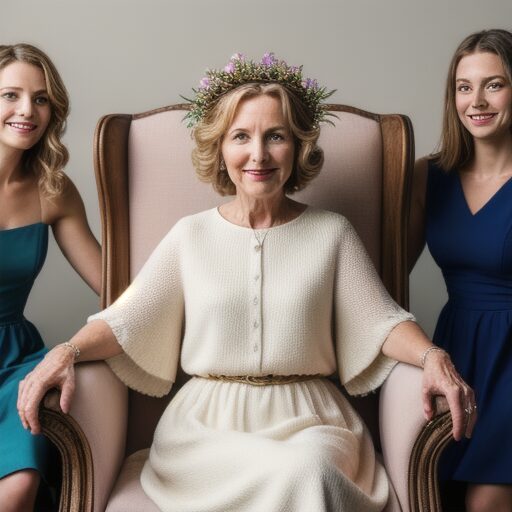Humanist Celebrant Services
A Humanist Celebrant is a secular clergy person who writes and performs ceremonies such as weddings, funerals, graduations, retirements, or other life milestone events. If you or a loved one is planning such an event, I’d like to help make it special.
(This is a phone or zoom video call.)
Meet Your Humanist Celebrant
Hi, I’m Nathan. I became a Humanist Celebrant to serve my community in a ceremonial capacity.
Historically, ceremony has been the domain of inherited religious and cultural traditions. However, in light of what we know today (across scientific fields such as anthropology, sociology, psychology, biology, and the arts and sciences more broadly) we know it’s possible–even necessary–to re-examine, adapt, or completely re-invent the traditions passed down to us.
The function of a Humanist Celebrant is to assist in that process. To help you define, celebrate, and share your authentic self in a way that affirms and strengthens the bonds of friendship, family, and community.
Where am I located?
My primary service area is the Seattle Metropolitan Area. However, I’m willing to travel outside my primary service area if associated expenses are covered and it works from a scheduling and logistics perspective. I also offer 100% virtual services; ideal for ceremonies where I’m not needed to officiate but you’d still like help designing and writing the ceremony.
Secular Humanist
Ceremonies I Write and Perform
I approach all of the ceremonies I write and officiate from a secular (non-religious) humanist perspective. When working on your behalf I’m interested in understanding what it is you want to express, what you find meaningful, and creating a ceremony that is customized for your moment.
Weddings, Elopements, and Vow Renewal Ceremonies
A wedding, elopement, or vow renewal ceremony should be all about the couple. This is something couples are often told while planning their ceremonies but don’t necessarily experience. Instead feeling hemmed-in by the expectations of others. Working together we can create a ceremony comprised of the words, rituals, and other forms of expression that authentically represent you and your partner’s commitment to each other.
Funerals, Memorials, and Celebration of Life Ceremonies
A secular humanist funeral or memorial service is a commemoration of life centered on the individual rather than religious doctrine or traditions. Unlike traditional religious services these ceremonies focus on celebrating the life lived and the legacy left behind by the deceased. This personalized approach allows for the incorporation of music, readings, or rituals that were important to the individual. Making each service a bespoke tribute.
Baby Naming and Welcoming Ceremonies
A baby naming and welcoming ceremony is a wonderful way to celebrate the addition of a new family member. Unlike conventional religious christenings, this ceremony doesn’t bind the child to any specific faith or doctrine. Instead, it is a celebration of new life, the joy it brings, and the potential it holds. The ceremony can be tailored to reflect the values and traditions of the family while also respecting the child’s future autonomy to choose their own belief system.
Adoption Ceremonies
An adoption ceremony is an event where an adoptive family officially welcomes a new member into their home and heart. This special occasion symbolizes the formation of a new familial bond. It may involve signing of legal documents, exchange of vows, or a simple yet meaningful celebration of the adoption. The ceremony is usually attended by close family and friends, all there to show their support and love for the newly expanded family.
Coming of Age Ceremonies
A coming of age ceremony is a significant rite of passage that serves to recognize and honor the transition from childhood to adulthood. Unlike religious confirmations or bar/bat mitzvahs, these ceremonies are not tied to any specific faith or religious doctrine. Instead, they place emphasis on the individual’s personal growth, self-discovery, and increasing responsibility.
Trans Naming Ceremonies
A trans naming ceremony is an event that honors the journey of transgender individuals embracing their true identity. The ceremony can include music, readings, or rituals that hold personal significance. These events are meant to acknowledge the individual’s chosen name and identity in an affirming environment that fosters understanding, acceptance, and respect for their journey of self-discovery and transformation.
Chosen Family Ceremonies
Every wedding or adoption is an example of people choosing to become family. The concept of a chosen family ceremony recognizes that there are other equally valid reasons for choosing family (whether or not there’s an official name for it or change in legal status) and that those familial bonds are equally worthy of commemoration.
Affirmation Ceremonies
An affirmation ceremony brings together friends, family, and communities to provide support at difficult and/or crucial moments in people’s lives. Moments like big career changes, divorces or breakups, financial setbacks, the experience of mental or physical health issues, or any time when someone might need extra love and support. The ceremony is highly customized to the individual but should primarily consist of acts of kindness and words of encouragement.
Retirement Ceremonies
A retirement ceremony recognizes the culmination of an individual’s professional journey and their transition into a new phase of life. It’s the ideal moment for colleagues, friends, and family to highlight the impact of the honoree’s career as well as show their appreciation through a symbolic gift or gifts.
Appreciation Ceremonies
If we’re lucky, our lives are full of people who deserve to be recognized for the positive impact they’ve had on us. And yet it can be hard to find the right way or the right time to share our respect and gratitude. An appreciation ceremony creates the space to do just that.
Bespoke Life Milestone Ceremonies
Not everything in life fits neatly into a category like the ones above. If there’s a life milestone you’d like to commemorate but aren’t sure how, I’d like to help.
My Celebrant Services Process
My job as a humanist celebrant is to understand your needs and help create and perform a ceremony that commemorates you or your loved one’s life milestone. The process below is designed to facilitate that.
1. Free Initial Consultation
We begin with a free introductory call. The purpose of this call is simply to decide if we want to work together. We’ll get to know each other a little, I’ll explain what it is I do and if I think I can help you. If we decide to move forward we’ll schedule our collaboration kick-off meeting.
2. Collaboration Kick-off
I’ll have sent you a ceremony questionnaire before this meeting. We’ll review your answers, discuss ideas, and agree on a direction for the ceremony. Once I know the scope of our collaboration I will generate a quote and send you both a contract and initial invoice for 50% of the quoted amount.
3. Research and Writing
Once I receive your signed contract and initial invoice payment I will reserve your event date in my calendar. Drawing on our collaboration kick-off meeting, I’ll write and share via email the first draft of your ceremony. We’ll draft it back and forth until we get to a version you like.
4. Ceremony Review and Planning
In this meeting we’ll read through the ceremony together and make any final adjustments before approving the final draft. Then, we’ll schedule all tasks that need to happen before your special event. Including making time for rehearsal on or before the big day if necessary.
5. Ceremony
Everything prior to this day is designed to make the ceremony run as smoothly as possible. On this day, we’ll simply conduct our planned (and practiced!) ceremony.
6. Post-Ceremony Follow-up
After each type of ceremony, there are different follow-up details to be seen to. I will make sure you know what these are and I’ll carry them out according to our plan from step four.
Humanist Celebrant Services
Frequently Asked Questions
What is Humanism?
Humanism is a philosophical and ethical stance that emphasizes human values, interests, and responsibilities. It promotes the use of critical thinking, education, art, and science rather than religious dogma or superstition. The interpretation of the term “humanism” has varied over time, aligning with different intellectual movements.
What is a Humanist Celebrant?
A Humanist Celebrant is an individual who writes and conducts secular ceremonies such as weddings, funerals, and baby namings. Instead of religious liturgy, they focus on celebrating human life and individuality. They incorporate personalized elements that reflect the character, beliefs, and values of the individuals involved.
What is your legal status as a Humanist Celebrant and service provider?
As a Humanist Celebrant I am endorsed by the American Humanist Association, which means I am recognized under law as a member of the clergy and empowered to conduct life milestone ceremonies with the same authority as, say, a pastor or priest.
As a service provider I am incorporated as an LLC in the state of Washington. The name of my business is Lucid Data, LLC. I bill for my services under that legal entity.
What does it mean to have a "secular humanist approach" to ceremony?
Traditional religious ceremonies tend to be expressions of and vehicles for a specific belief system. For non-believers, these ceremonies do not accurately represent them or their values. A secular humanist approach re-centers the ceremony on the individual or individuals involved. Striving to create an authentic expression of their values and the life milestone they’re commemorating.
How non-religious are you? Can there still be religious aspects to my ceremony?
I am non-religious in the sense that I do not believe in gods or supernatural forces of any kind. When it comes to the ceremonies I write and perform I think of religion as part of the greater tapestry of human culture and experience. In that domain (as opposed to the domain of divine revelation and official dogma) these teachings and traditions are open for analysis and critique. We can revise, adapt, abandon or re-invent them to meet the specific needs of our lives. In that context I am more than happy to incorporate aspects and elements of religious or cultural traditions that are meaningful to you into your ceremony. If you want further clarification I’d recommend booking a free 15-minute consultation and we can discuss your specific scenario.
Do I have to be a humanist or belong to a humanist organization to hire a Humanist Celebrant?
No, you do not need to identify as a humanist or belong to a humanist organization to hire a Humanist Celebrant.
What are your rates and what does billing look like?
My rate is $50/hour. Billable hours begin with the kick-off meeting and end at the conclusion of your ceremony. Most ceremonies will require ~10 hours between discussion, writing, approval, planning, rehearsal and the ceremony itself. This means you can expect most of my estimated quotes to begin at $500.
At the end of our collaboration kick-off meeting (stage 2 above) I’ll send you an electronic contract, a quote of your estimated total, and an invoice for 50% of that estimate. The invoice is a non-refundable deposit that guarantees your event date is reserved on my calendar.
Once I have your signed contract and fulfilled invoice I’ll begin writing your ceremony (stage 3 above). Before the ceremony, I will send you another electronic invoice for the remaining amount.
If travel outside of the greater Seattle area is required, I charge federal mileage rates (when driving) or the cost of airfare (when flying). If overnight stay is required I also charge the cost of lodging and a $100 flat rate fee per travel day.
How long before my event should I book?
I don’t enforce a hard rule, but I recommend at least two months. This gives us time to work our way through the full ceremony creation, planning, and performance process at a stress-free pace. That said, you may want to book out as much as 6-12 months in advance.
This is because most folks want their events to take place on a weekend, but there are only 52 weekends in a year and even fewer in specific seasons. Those dates can fill up quickly. That said, I am more than happy to take bookings during the week.
Funerals and coming of age ceremonies are notable exceptions to my standard “at least two months leadtime” recommendation.
In the case of funerals, I understand that death happens when it happens. If you’ve suffered a loss and need a secular humanist to officiate the funeral, please book a free 15-minute consultation and we’ll figure the scheduling out together.
In the case of coming of age ceremonies, I recommend a minimum of a year before you want the ceremony to take place. This particular ceremony sometimes involves a 6-12 month long education process (designed by the parents and child) leading up to the ceremony. It’s designed to ensure the child understands the meaning of the ceremony, the expectations of them on the other side of the ceremony (such as more responsibility), and exercises or training in the skills they’ll need to excell in the next phase of their life.
Funeral vs Memorial vs Celebration of Life--what's the difference?
All of these ceremonies share a lot of commonalities. However, the important distinctions between them are as follows. In a funeral, the body of the deceased is present and it happens as soon after passing as can be arranged. A memorial service does not have the body of the deceased present; it can take place any time after the deceased has passed. Finally, a celebration of life ceremony is explicitly positive in tone and usually involves acts of celebration and tribute to the deceased. Like a memorial, a celebration of life ceremony typically does not include the body of the deceased.











